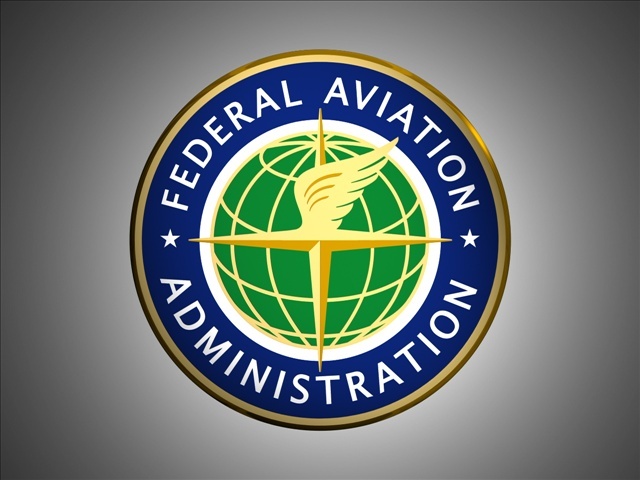
Now Motherboard has been given a list of all of the drone fines imposed, in response to a Freedom of Information Act (FOIA) request that was submitted over 6 months ago. The results are illuminating.
While the numbers aren’t huge – 24 individuals and companies, out of the estimated 1.000.000 drones sold last year alone – the issues that the cases reveal are disturbing to the entire drone community. “… the punishments levied by the US government against people who fly drones appear to be mostly arbitrary,” says Motherboard.”…. the specific wording and regulations the Federal Aviation Administration cites are inconsistent, according to enforcement letters obtained by Motherboard using the Freedom of Information Act.”
The outrageous fine levied against Skypan International aside, fines for “reckless” drone operation have varied widely depending upon the situation – as little as $400, and as much as $5,500 for the operator paying the price of stupidity for crashing his drone on the White House lawn. Fines most commonly range between $1,100 and $2,200.
Almost all of them are concentrated on the East Coast. While the drone registration database indicates heavy drone ownership in CA, TX, and FL: the majority of fines have been levied in Boston, New York, and Washington. The geographic concentration indicates a lack of consistency in the application of the law – and the hard line that the FAA’s eastern region office has taken against drones.
The FAA has generally used the prohibition against operating a drone “in a careless or reckless manner” as the reason for issuing drone fines, but the law has been applied in a wide variety of situations. Motherboard reports that the enforcement letters show that in addition to fining operators who have shown a blatant lack of judgement – flying over public buildings, sports arenas, or in restricted flight areas – they have also issued drone fines for flights where absolutely nothing happened.
In those instances the FAA seems to have gone for the fine print – fining people for flying without equipment that many drones don’t have anyway, such as “an operable coded radar beacon transponder,” and “automatic altitude reporting equipment.”
A lack of document organization makes it very difficult to find out exactly how the FAA is enforcing drone law. “Nothing is centralized,” sources told Motherboard. Spokespeople for the FAA could not confirm that the documents included in the FOIA response actually represented all of the cases. Nobody in the organization seems to know exactly who is enforcing what regulations.
For licensed commercial drone operations -who must have an airman’s certificate – the threat of a fine is not the only thing to worry about. Last year, pilot David Quinones was thrown in jail by the NYPD for flying a camera drone over the Nathan’s Hot Dog Eating contest at Coney Island. Three months later, the FAA decided to hit him where it hurts; they suspended his manned aircraft license as a punishment for the drone incident. The 3-month suspension, and the permanent blot on his record, held despite the fact that Quinones was never charged with an offense by the NYPD and the ticket that they issued him was thrown out.
The suspension of an airman’s license instead of a fine for an infraction that was never actually proven or prosecuted shows a disturbing lack of consistency and due process. The suspension has had real effects on the pilot’s career, but was imposed without any opportunity for him to respond or evident investigation of the actual drone incident.
A lack of consistency is evident throughout the investigation of the FAA’s drone fines. The variations in amounts show that operators who are subjected to fines should push back – it seems that fines may be lowered as arbitrarily as they are established in the first place. But however drone operators accused of an infraction respond, the broader message is clear; drone law needs to be codified, and soon. The arbitrary and inconsistent enforcement of vague regulations serves neither the drone community nor the safety of the public.
Miriam McNabb is the Editor-in-Chief of DRONELIFE and CEO of JobForDrones, a professional drone services marketplace, and a fascinated observer of the emerging drone industry and the regulatory environment for drones. Miriam has penned over 3,000 articles focused on the commercial drone space and is an international speaker and recognized figure in the industry. Miriam has a degree from the University of Chicago and over 20 years of experience in high tech sales and marketing for new technologies.
For drone industry consulting or writing, Email Miriam.
TWITTER:@spaldingbarker
Subscribe to DroneLife here.